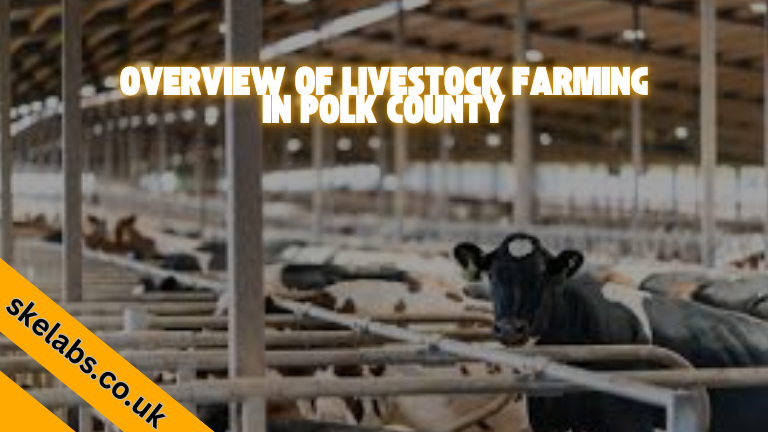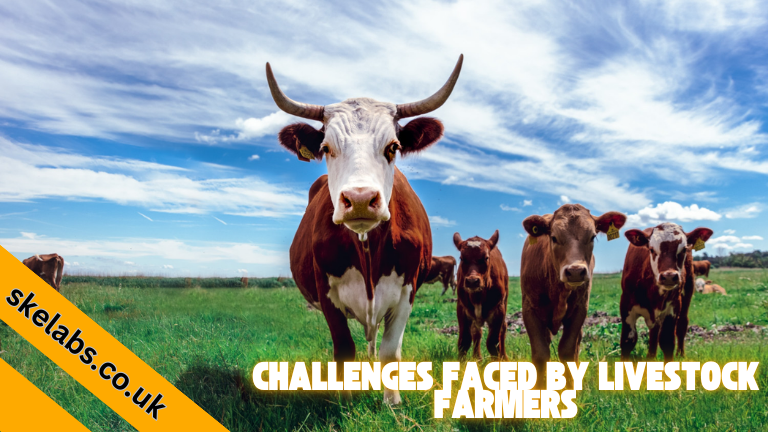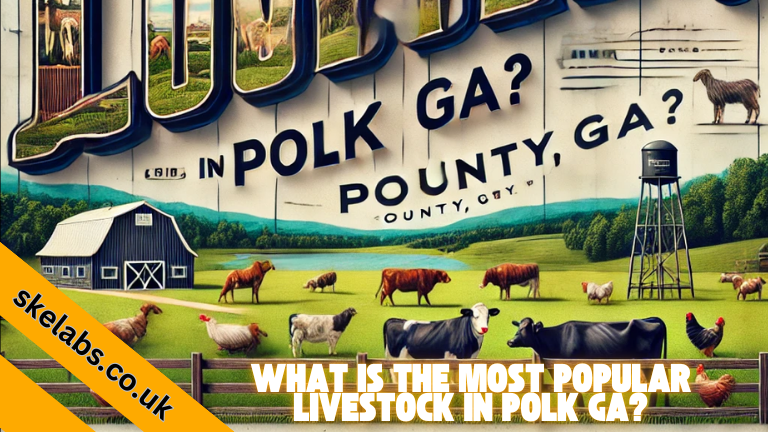Polk County, Georgia, is well-known for its rural charm and agricultural roots. With its rolling hills and fertile soil, the county provides an ideal environment for raising various types of livestock. But which livestock stands out as the most popular in this region? To answer this question, we’ll explore the common livestock raised in Polk County, examine the factors contributing to their popularity, and analyze the impact of livestock farming on the local economy.
Quick Answer:
Cattle are the most popular livestock in Polk County, Georgia, due to their economic viability, strong market demand for beef, and the region’s ideal grazing conditions. Poultry also plays a significant role, but cattle dominate as the backbone of the county’s agricultural economy.
Overview of Livestock Farming in Polk County

Agriculture plays a vital role in Polk County’s economy. The region’s moderate climate, ample rainfall, and supportive community make it a hub for farming. Livestock farming, in particular, is a significant sector, contributing to food production and providing livelihoods for many families.
Also Check: What is Felonious Assault? A Comprehensive Guide
Types of Livestock Raised in Polk County
- Cattle • Cattle farming is the backbone of livestock production in Polk County. Both beef and dairy cattle are raised here, with beef cattle being more prominent. • Breeds like Angus, Hereford, and Charolais are popular due to their adaptability to the region’s climate and high-quality meat production. • The demand for grass-fed beef and locally sourced meat has boosted the cattle industry.
- Poultry • Poultry farming, particularly chicken farming, is another leading sector in Polk County. • Broilers (chickens raised for meat) and layers (hens raised for eggs) are the two main types of poultry raised. • The county’s proximity to processing facilities and markets contributes to the success of poultry farming.
- Goats • Goat farming has been gaining popularity in recent years, particularly for meat and dairy products. • Goats are hardy animals that thrive in Polk County’s terrain and climate. • Many farmers raise Boer goats for meat production and Nubian goats for milk.
- Sheep • While not as widespread as cattle or poultry, sheep farming is a growing sector. • Sheep are primarily raised for wool and meat, with some farms focusing on sustainable practices.
- Pigs • Swine farming is also part of the livestock industry in Polk County, though on a smaller scale compared to cattle and poultry. • Local farmers raise pigs for pork production, catering to both local and regional markets.
- Horses • Horses are commonly raised in Polk County, mainly for recreational purposes such as trail riding and equestrian sports. • The county’s open spaces and equestrian culture make it an ideal location for horse breeding and training.
The Most Popular Livestock in Polk County
While various livestock are raised in Polk County, cattle farming takes the lead as the most popular. Several factors contribute to its prominence:
- Economic Viability • Cattle farming offers consistent income opportunities, particularly with the high demand for beef. • Local farmers benefit from the availability of grazing land and feed resources.
- Market Demand • Beef is a staple in many American diets, ensuring a steady market for Polk County’s cattle farmers. • The trend toward sustainable and locally sourced meat further supports the industry.
- Community Support • Polk County has a strong agricultural community that provides resources, education, and support to livestock farmers. • Local fairs and events often highlight cattle farming, strengthening its role in the community.
The Impact of Livestock Farming on Polk County’s Economy
Livestock farming is more than just a livelihood for many in Polk County; it’s a cornerstone of the local economy. Here’s how it impacts the region:
- Job Creation • Livestock farming creates jobs in various sectors, including farming, processing, transportation, and retail. • Supporting industries, such as veterinary services and equipment suppliers, also benefit.
- Food Security • Raising livestock locally helps ensure a steady supply of meat, milk, and eggs for the community. • Local production reduces reliance on imports and supports sustainability.
- Cultural Significance • Livestock farming is deeply ingrained in Polk County’s culture and traditions. • Events like agricultural fairs and livestock shows celebrate the contributions of farmers and promote community engagement.
Challenges Faced by Livestock Farmers

Despite its importance, livestock farming in Polk County is not without challenges. Some of the common issues include:
- Rising Costs • Feed, equipment, and veterinary care costs have been steadily increasing, impacting farmers’ profitability.
- Environmental Concerns • Livestock farming can contribute to issues like water pollution and greenhouse gas emissions. • Farmers are adopting sustainable practices to address these concerns.
- Labor Shortages • Finding skilled labor is a challenge for many livestock farmers in the region.
Also Check: Why are Trade Barriers used for political purposes?
FAQs
What livestock is commonly raised in Polk County, Georgia?
Livestock commonly raised in Polk County includes cattle, poultry (such as chickens for meat and eggs), goats, and swine. Cattle farming is especially popular due to the county’s rural setting and favorable conditions for grazing.
Why is cattle farming popular in Polk County, GA?
Cattle farming is popular in Polk County because of its ample pastureland, mild climate, and access to local markets for beef and dairy products. The county’s agricultural tradition also supports cattle farming as a primary industry.
Are there specific breeds of livestock that are favored in Polk County?
Yes, in Polk County, Angus and Hereford cattle are commonly raised for beef production, while farmers often choose hybrid chickens like Cornish Cross for meat and Rhode Island Reds for egg production. Goat breeds like Boer and Kiko are also popular for meat and milk.
Conclusion
Cattle farming stands out as the most popular livestock industry in Polk County, Georgia, thanks to its economic viability, market demand, and strong community support. While poultry, goats, and other livestock also contribute to the region’s agricultural diversity, cattle remain at the forefront. Livestock farming not only sustains the local economy but also preserves the cultural heritage of Polk County. As farmers continue to adapt to challenges and embrace sustainable practices, the future of livestock farming in the county looks promising.

